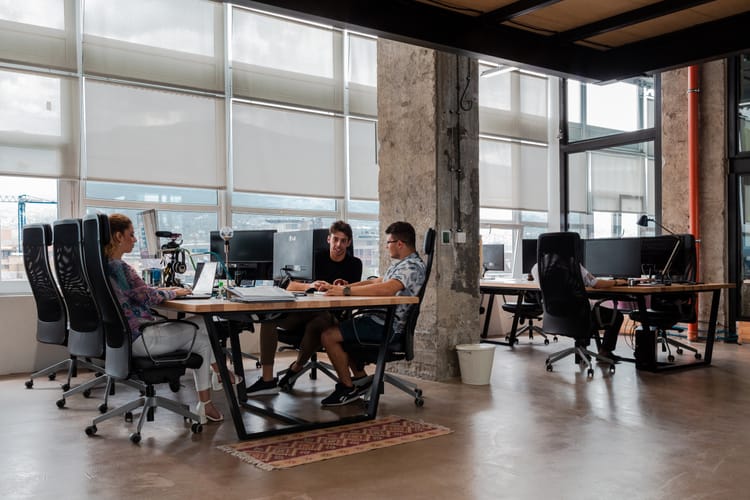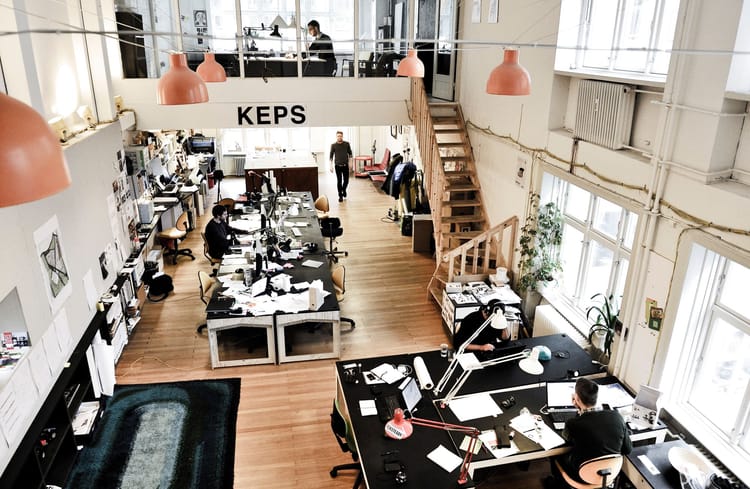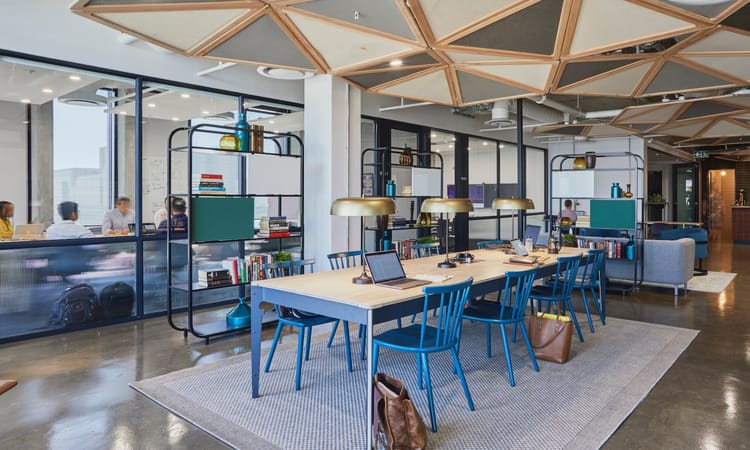Operations in Coworking Spaces Coworkies Readers’ Club Online Event Key Takeaways + Access To Video Replays
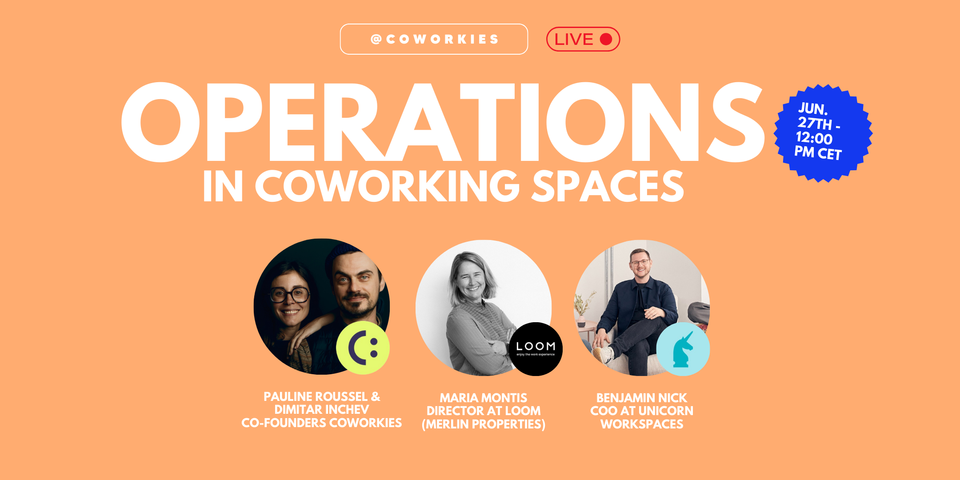
This article provides a condensed summary of the June online event hosted by the Coworkies Readers’ Club on Operations in Coworking Spaces. It covers essential aspects of building a solid foundation in coworking operations, from understanding their importance to developing a streamlined operational strategy for both your members and your team. Additionally, it highlights common operational mistakes in coworking spaces and offers practical solutions to enhance your efforts and boost overall member satisfaction in your coworking space.
In June, and after covering sales and marketing for coworking spaces in recent months, the Coworkies Readers’ Club reconvened online to explore the essentials of operations in coworking spaces.
Why did we choose operations as a topic? Our experience traveling the world of coworking spaces and visiting over 510 coworking spaces in 64 cities from Tokyo to New York has taught us one thing: operations in coworking spaces are HEAVY. There is so much to consider for teams that are often stretched in resources.
And yet, operations in coworking spaces, when done in the ‘right’ way, are the differentiator in the overall experience you offer to your members. It allows for everything else to exist and thrive: your sales, your community, your marketing, and your impact.
To put it in perspective, operations in coworking spaces are like the framework of a building. You must construct it starting from a solid foundation and gradually expand to support every aspect of your coworking community's needs and expectations.
How do you do that? That’s exactly what we explored in our online event. If you missed it, the recap below summarizes the 90 minutes spent with the Coworkies Readers’ Club discussing ways to build a solid operational strategy that works for you. It contains key takeaways and replays from the two conversations we had with our two speakers from two different coworking brands. Overall, this article aims to support you in building the right operational toolbox for your coworking brand.
Operations In Coworking Spaces, What Are We Talking About in 2024?
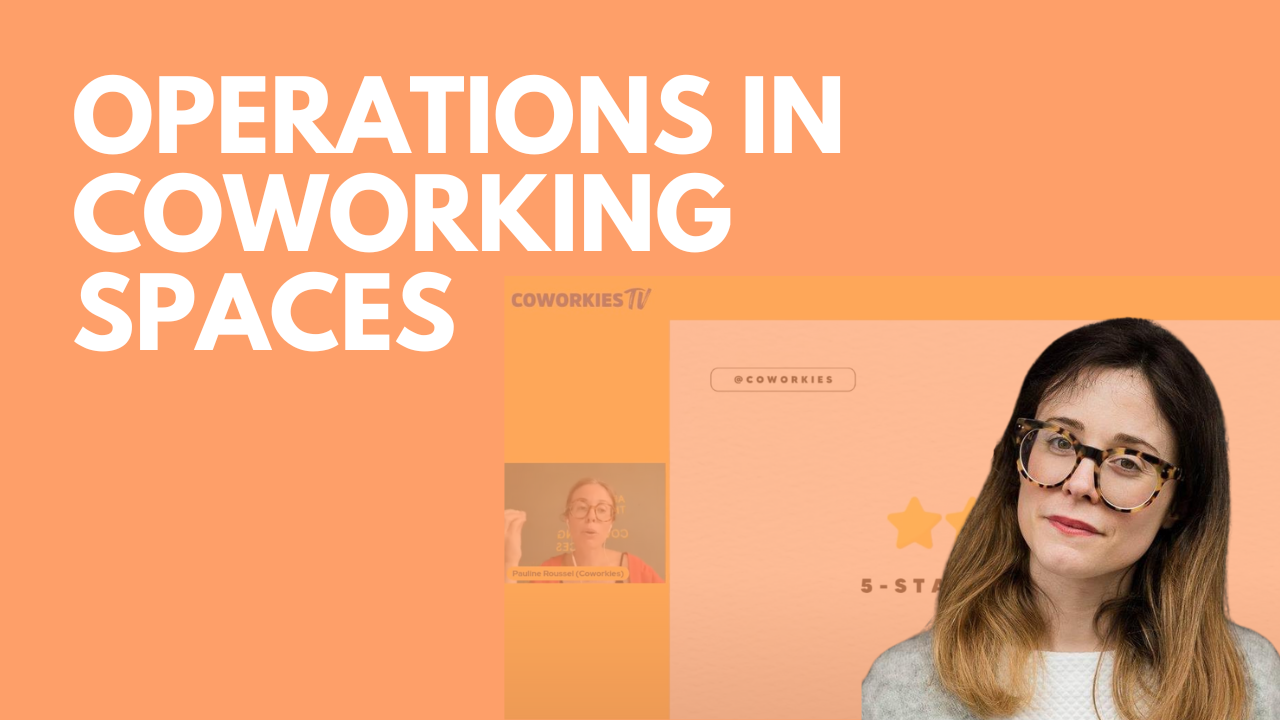
The event began with a 20-minute presentation during which the Coworkies team introduced the foundations of what composes, today in 2024, a solid operational strategy for a coworking space. Below, you’ll find five key takeaways that were presented to participants, along with the three most common mistakes we've observed coworking operators make in their operational strategies. By sharing these insights and providing actionable solutions, we aim to help you optimize your operational efforts and create a more efficient, member-focused coworking environment.
5 Takeaways on Operations in Coworking Spaces
- Why is Operations in Coworking Spaces Important?
Operations are crucial for ensuring a smooth and enjoyable experience for members, encompassing everything from facility management to space utilization and process implementation.
- What Should Your Operational Strategy Cover?
Operations should be customer-centric, focusing on enhancing the member experience. Standard Operating Procedures (SOPs) are essential for maintaining consistency and efficiency. Training and clear communication within the team are vital for successful operations.
- Technology and Tools
Utilizing tools like coworking software and access control systems can streamline operations. Operators are often lost in choosing the right technologies, start by asking yourself what you need it for. Technology plays a key role in managing space utilization and improving the member experience ONLY if you know how to use it. Don’t go for what works for others, go for what works best for you and your team.
- Measuring Operational Success
Key performance indicators (KPIs) such as occupancy rates, member retention, and the number of tickets/complaints are essential for monitoring operational success. Regular surveys and feedback from members help identify areas for improvement.
- Involving the Team
Operations should involve the entire team to ensure a cohesive and efficient approach. Clear processes and regular training for team members are crucial for maintaining high standards. Regular updates to operational processes are necessary to reflect new demands and ideas.
Operations In Coworking Spaces, Top 3 Most Common Mistakes
😷 Symptoms: Chaos in daily operations, reliance on key individuals for problem-solving.
💊 Remedy: Develop and document standard operating procedures (SOPs) for all key processes.
😷 Symptoms: Inconsistent and reactive decision-making, inefficient use of resources.
💊 Remedy: Establish specific, measurable, achievable, relevant, and time-bound (SMART) objectives aligned with the overall mission and vision.
😷 Symptoms: Difficulty in identifying areas needing improvement, lack of data-driven decisions.
💊 Remedy: Implement KPIs to track operational performance, conduct regular surveys, and analyze feedback to improve strategies.
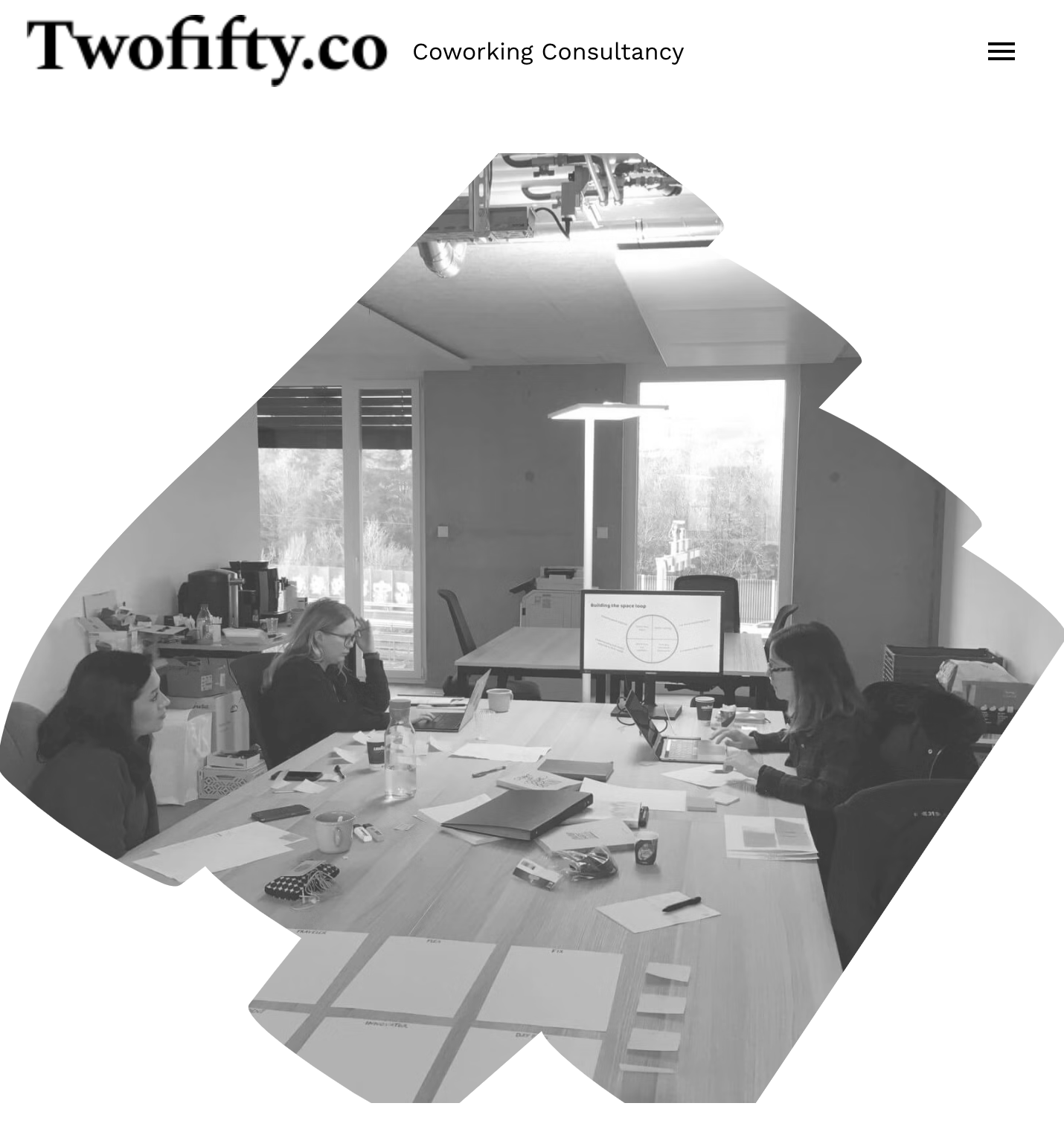
Are you encountering operational challenges in your coworking space?
We are here to help! Book a call with us and discover how our coworking consulting services could help you.
BOOK A CALL HEREHow To Build The Operations of Your Coworking Space?
A conversation with Benjamin Nick, COO at Unicorn Workspaces, a coworking space provider operating 18 locations across Germany and Portugal.
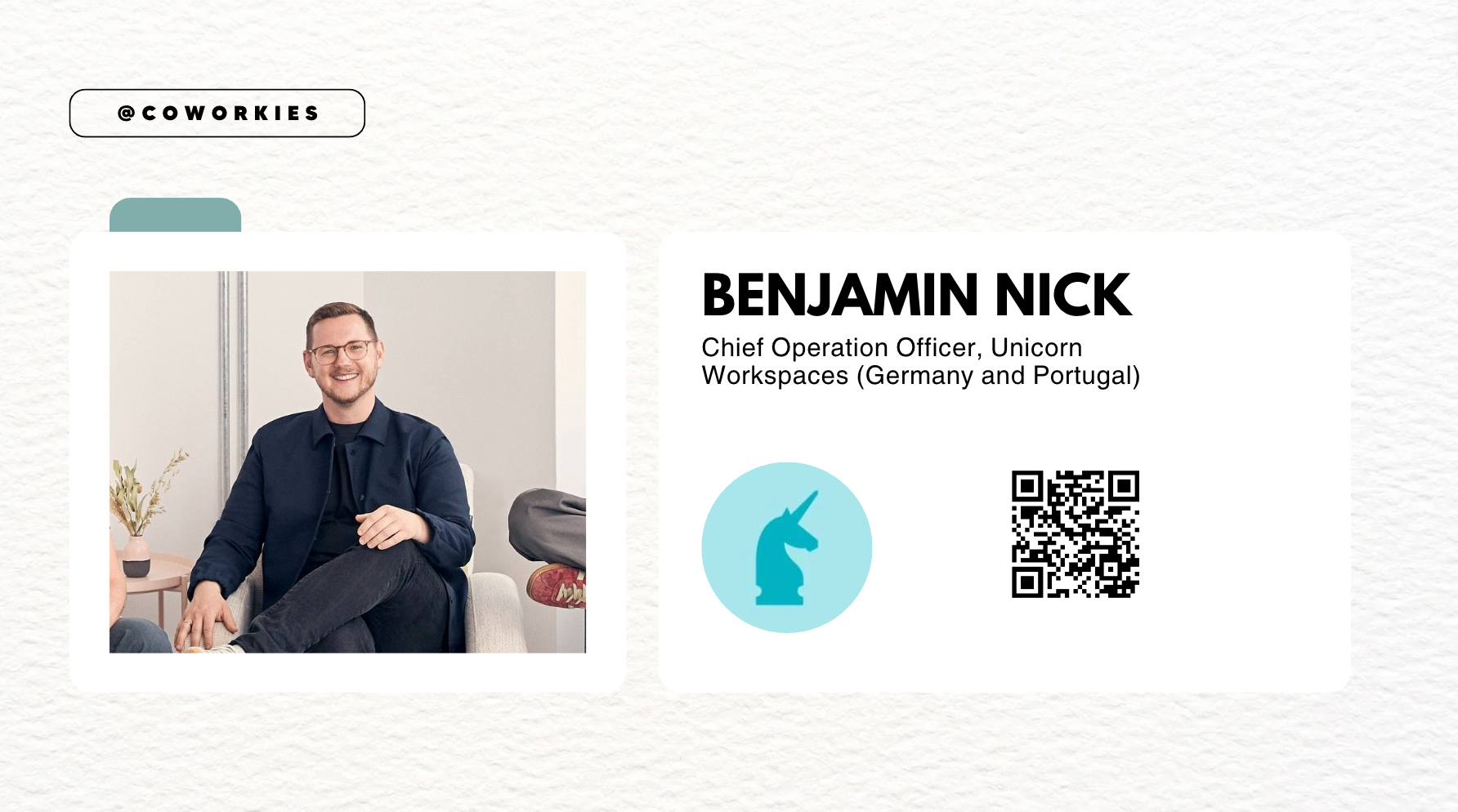
"Operations is not just handling what comes in every day. You need to standardize and automate to keep your back free to concentrate on strategy."
Unicorn Workspaces: Strategic Growth in Flexible Office Solutions
In a recent discussion, Benjamin Nick, Chief Operations Officer of Unicorn Workspaces, shared insights into the company's rapid expansion and strategic operational practices. Unicorn Workspaces, with 18 locations across Germany and Portugal, has evolved from a small startup into a prominent player in the flexible office space market.
Unicorn's operational strategy is anchored in what Ben calls the "three Ps": Projects, Problems, and Processes. The company leverages a home-built Wiki to standardize processes, ensuring all employees have access to critical information. This standardization is essential as the company scales, preventing chaos and inefficiencies.
Technology plays a crucial role in Unicorn's operations. The company uses a variety of tools, including Zendesk for ticketing and Salesforce for CRM, to streamline operations and maintain high service standards. Ben emphasizes that technology reduces the need for excessive staffing, which is a significant cost factor.
Each Unicorn workspace is tailored to meet the unique demands of its market. For instance, customer needs in Berlin can differ vastly between neighborhoods, and this adaptability extends to their international locations. Their approach involves minimal structural changes to existing buildings, promoting sustainability and quick setup times.
The company prioritizes team offices, leading to longer average contract lengths of 18 months. This strategy provides financial stability and reduces turnover, allowing for better planning and customer relationship management.
Success is measured through a mix of qualitative and quantitative KPIs. The Net Promoter Score (NPS) gauges customer satisfaction, while metrics like net desk increase, lead conversion rates, and monthly recurring revenue provide a clear picture of business health. Operational KPIs, such as service level agreements (SLAs) for response times, ensure high standards are maintained.
3 Actionable Questions To Think About Based on Ben’s Insights
📱 How can you leverage technology to streamline your operations and reduce costs in your business? Consider the specific tools and systems that could automate repetitive tasks and improve efficiency, as Benjamin Nick discussed with Unicorn Workspaces' use of Zendesk, Salesforce, and internal Wikis.
🔂 What processes in your organization could benefit from standardization to enhance scalability and efficiency? Reflect on your current workflows and identify areas where establishing clear, standardized procedures could reduce chaos and improve consistency, similar to Unicorn Workspaces' approach with their home-built Wiki.
👯♂️ Are you focusing on building long-term relationships with your clients to ensure financial stability? Evaluate your client engagement strategies and contract structures to see if there are opportunities to foster longer-term commitments, as Unicorn Workspaces does with their emphasis on team offices and longer average contract lengths.
Why Operations in Coworking is a Team Effort?
A conversation with Maria Montis, Director at LOOM, one of Spain’s largest flexible workspaces operators.

“Training, training, and more training is the key to maintaining consistent service quality across all locations”
Operational Excellence in Coworking Spaces, The LOOM way.
Maria Montis, Director of LOOM Spain, explored the complexities of managing and expanding coworking spaces. With LOOM operating 15 (soon to be 18) spaces across Spain, primarily in Madrid and Barcelona, Maria shared valuable strategies and insights that underpin the company’s success in the coworking world.
Customer-Centric Operations
Maria emphasized the importance of a customer-centric approach in their operational strategy. LOOM’s primary goal is to enhance the work experience of its clients through its 'Loom Experience' program. This initiative focuses on utilizing both human and economic resources to ensure clients have an optimal and enjoyable workspace.
Consistency Through Training
A significant challenge for LOOM, especially as they expand, is maintaining consistent service quality across all locations. Maria highlighted the pivotal role of comprehensive training programs for their staff. This includes written guidelines, audiovisual materials, and continuous development of training tools to ensure all team members are aligned with LOOM’s standards and procedures.
Operational Efficiency and Adaptability
The operational strategy at LOOM is built on flexibility and responsiveness to client needs. Regular surveys and annual focus groups help gather feedback, allowing LOOM to swiftly adapt its services. Tools like Nexudus and Salesforce, integrated with other management software, play a crucial role in streamlining operations and ensuring seamless service delivery across multiple locations.
3 Actionable Questions To Think About Based on Maria’s Insights
✨ How can you implement a customer-centric approach in your operational strategy to enhance client satisfaction and retention? Reflect on your current client feedback mechanisms and identify areas where you can improve the client experience through dedicated programs or initiatives.
🧑🏫 What training programs can you establish or improve to ensure consistency and high standards across all your business locations? Consider developing comprehensive training materials and tools that are easily accessible and understandable for all employees, ensuring uniform service quality.
📈 How can you leverage technology to improve operational efficiency and adaptability in your organization? Evaluate the current tools and systems you use and explore integrations or new technologies that could streamline operations and better meet client needs.
